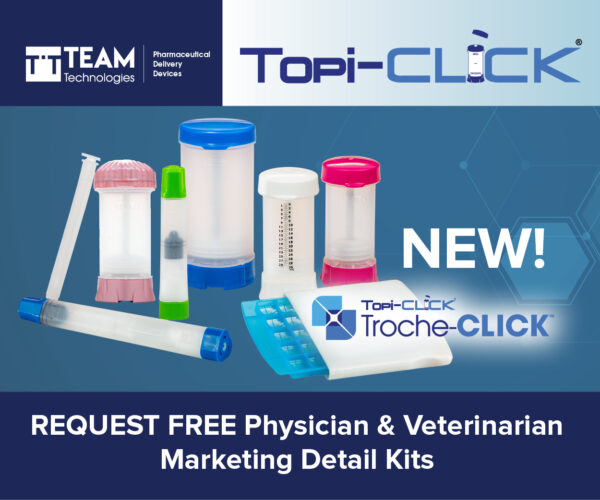April 5, 2024
Board approves ketamine and office-pay best practices docs
APC’s Board of Directors has authorized two “best practices” documents aimed at helping APC members practice with utmost care and consistency.
Developed by a working group comprised of APC member experts, the documents are:
- Best Practices for Preparing and Dispensing Compounded Ketamine by Pharmacies
- Best Practices for Clinic Direct Billing (Office Pay) for Patient-Specific Compounded Medications by Compounding Pharmacies
“These best practices flow from APC’s mission to elevate the practice of pharmacy compounding,” said APC Board Chair Joe Navarra. “They’ll guide our members in practicing with the highest ethics and integrity — all in the interest of ensuring patients get the compounded medications they need and that those medications are of highest quality.”
Pharmacist and APC Board Vice President Gina Besteman of Women’s International, who chaired the work group that proposed the documents, sees them as compliance checklists that pharmacies can post and pharmacy team members can reference. “Most of these best practices are just good common sense. What we’ve tried to do is collect and organize them in a way that can help compounding pharmacies think carefully about what they’re doing when they prepare ketamine or enter into a relationship with a clinic for direct billing.”
The ketamine best practices document makes clear APC’s stance on compounding the drug: “The Alliance for Pharmacy Compounding supports the responsible compounding and dispensing of ketamine products by pharmacies pursuant to a prescription,” it reads. The document covers:
- Pharmacist Legal Obligations
- Diversion Concerns
- Dosing Limits
- Dosage Forms
- Documentation
- Patient Education
- Constructive Transfer
- Ketamine Onboarding Checklist for 503B Wholesaling
“The Office Pay best practices were developed in response to action by some state boards of pharmacy to cite compounders for a practice that is perfectly legal in most states when done correctly,” said APC’s CEO Scott Brunner. “We believe some inspectors were misinformed about the practice, but we also see an opportunity to enunciate for our members the proper steps they should consider when doing clinic direct billing.”
APC “developed this ‘best practices’ guidance regarding billing of patient-specific compounded medications directly to a provider’s office to assist compounding pharmacies in complying with federal and state laws,” the document reads. It goes on to cover:
- Obtaining a signed physician/prescriber attestation that they understand the particulars of the arrangement
- Verifying the patient-prescriber relationship
- Adherence to applicable laws and regulations, both federal and state.
- Veterinary clinic billing considerations
- Marketing
- Knowing the prescriber and their limitations
APC also will be sharing the documents with boards of pharmacy, other policymakers and stakeholders, and news media.
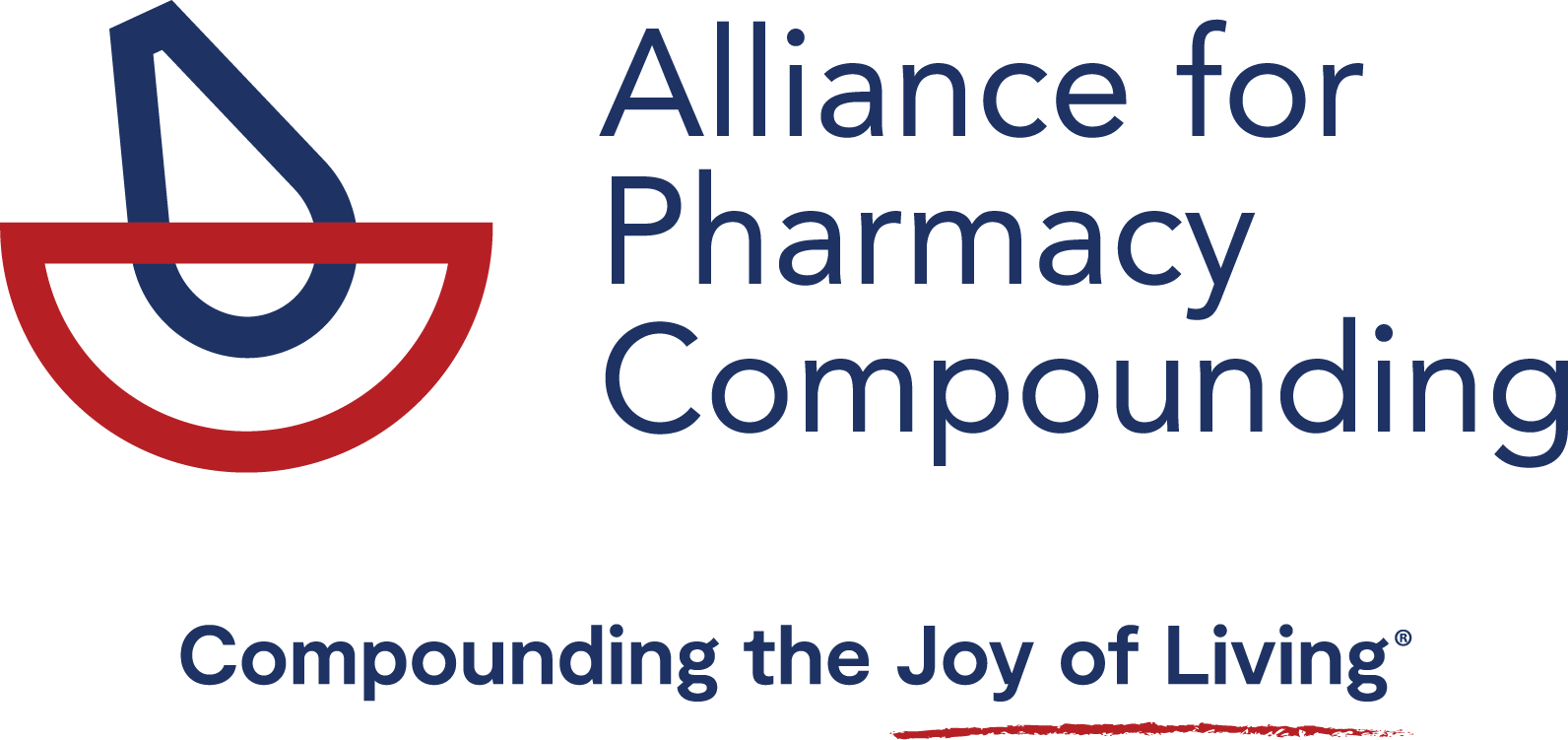


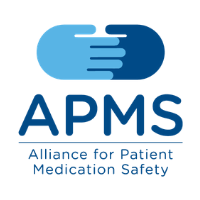


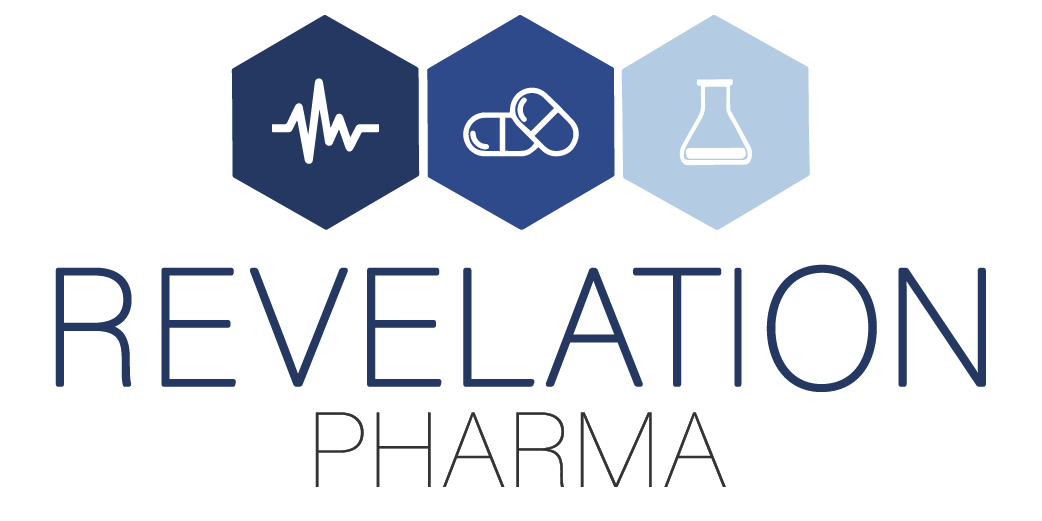


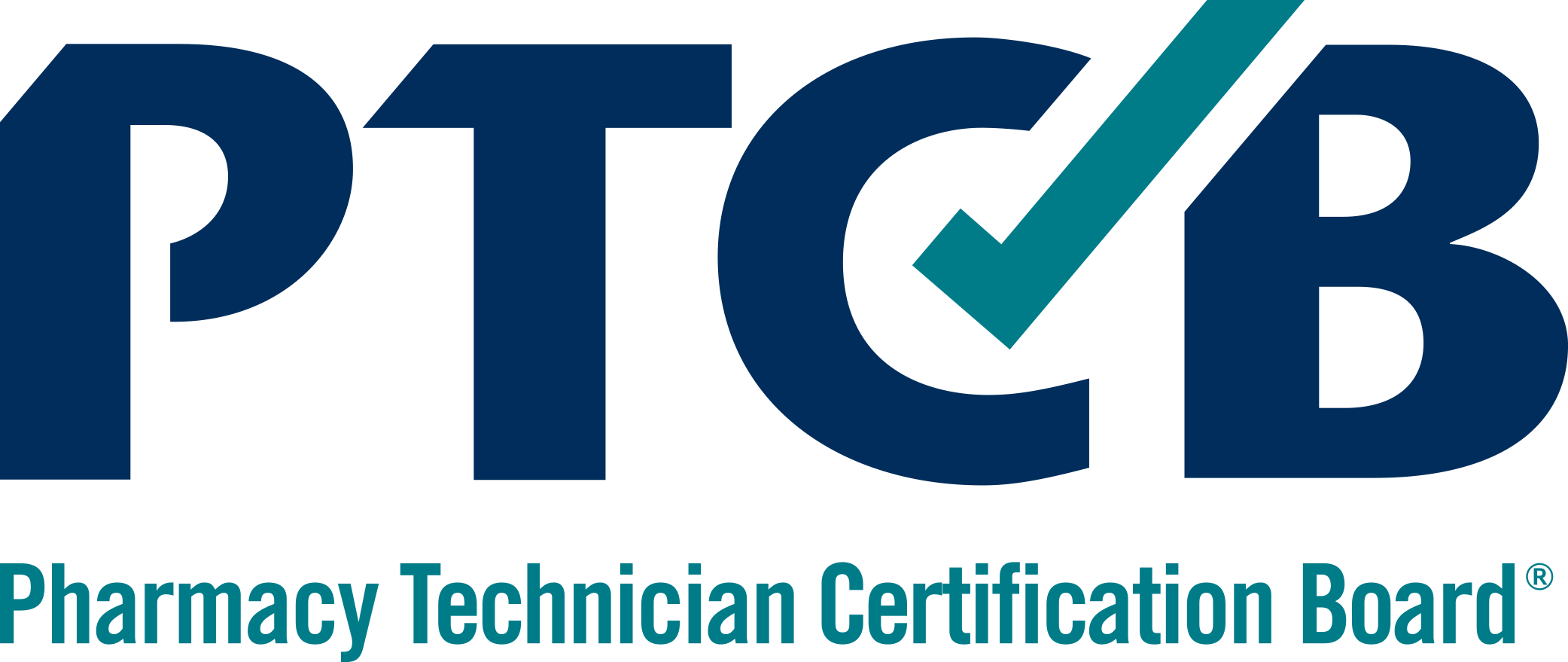

















![Topi-CLICK a Division of TEAM Outlines[1]](https://a4pc.org/files/Topi-CLICK-a-Division-of-TEAM-Outlines1.png)





